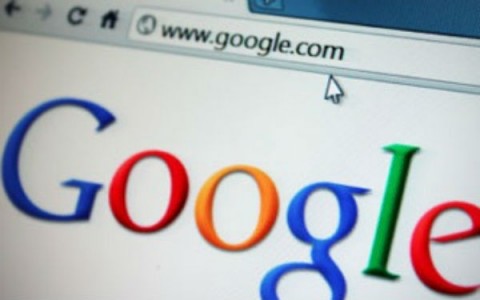Google has announced that it is bidding to run four new top-level domains, including “.google”,”.youtube” and “.docs”, as part of an expansion of the Internet’s addressing system.
Google also said it applied to run “.lol”, a top-level domain(TLD) that would denote to the common online abbreviation for “laugh out loud”. Google said it thought “.lol” had “interesting and innovative potential”.
The search engine giant declared on its official blog on Thursday that it has submitted applications to the Internet Corporation for Assigned Names and Numbers (ICANN) for the following domains: .lol, .google, .doc and .youtube.
ICANN is an authority which assigns TLD’s to sites globally, will declare in June which domains will be added in this list of existing domains that includes “.com” or “.gov”

Google wrote on its Official Blog
“In 2016, it’s estimated that almost half of the world’s population will be online, yet nearly 50 percent of the websites we visit are found in the .com top-level domain (TLD), which was among the first TLDs created in 1984,”.
“Despite the great opportunities the web has enabled for people around the world, there is still a lingering question about the diversity of the domain space (given that the number of generic TLDs has only increased by 14 in the last 28 years).”
Google is planning to increase the number of TLDs in four categories, such as related to its core business (.docs), trademarks such as .google, ones that augment the user experience and increase the recognition of several genres (.youtube) and fun options (.lol).
The company also disclosed that they always keep security and abuse prevention as top priority in mind in creating a positive experience for Internet users.
The company says “we are just beginning to discover this potential source of innovation on the Internet, and we are very eager to see how these proposed new TLDs will fare in the existing TLD environment,”
“By opening up more choices for Internet domain names, we hope people will find options for more diverse — and perhaps shorter — signposts in cyberspace.”